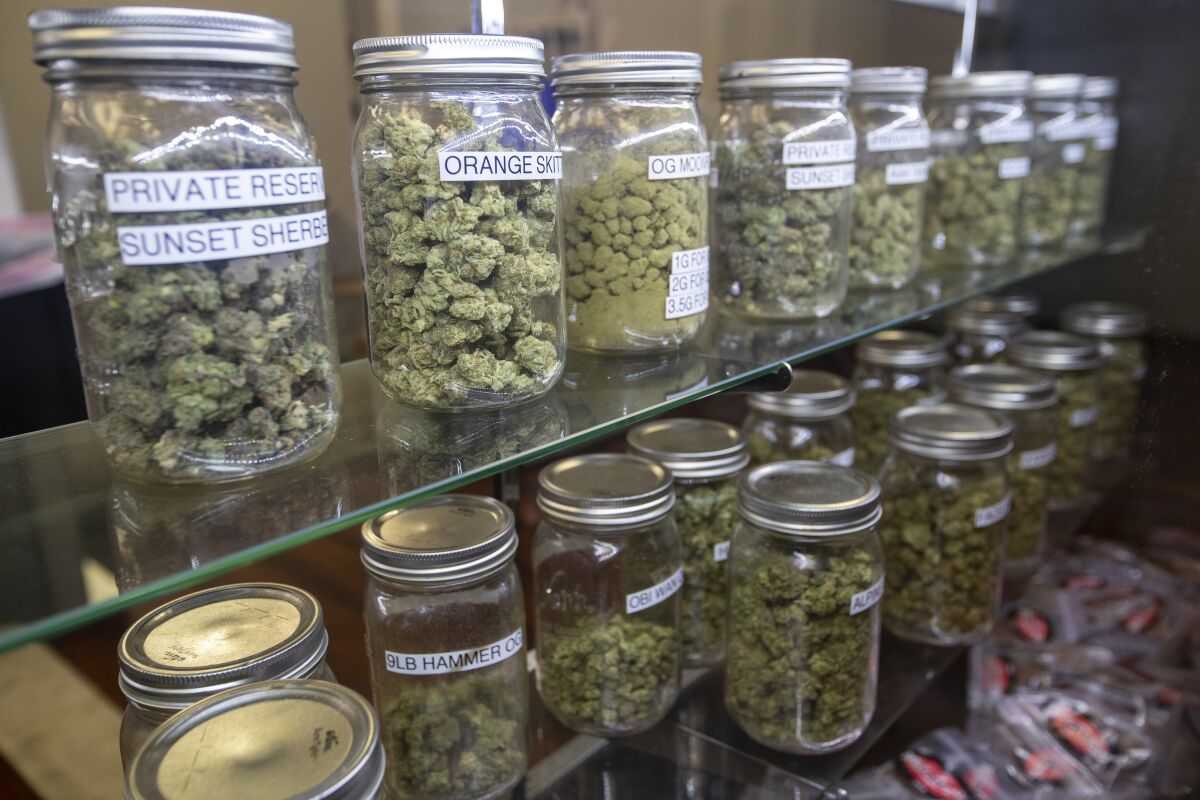City of Costa Mesa supports retail cannabis despite significant concerns, new data shows.
The City of Costa Mesa has been slowly introducing commercial cannabis into the city since 2020, according to council meetings, with city Mayor John Stephens being a big advocate for the cannabis industry, pushing the initiative.
Despite proponents of legalization attempting to downplay the associated risks, recent data reveals that marijuana was responsible for over 70,000 emergency department visits in 2021 alone in the U.S., impacting individuals under the age of 18.
“We’re at the very beginning stages, we’re just starting to embrace legal cannabis,” Stephens said in a December 2021 podcast, Beyond Buds.
“But you know, especially with edibles and drinkable stuff like that, as opposed to smoking the flower, you can make a strong argument that it’s safer to consume cannabis than it is to consume liquor.”
“I think over time that the community is going to just normalize the industry and then it’s going to be much more accepted—we’re close to that now.”
In 2020, Measure Q—a 4%-7% tax on retail marijuana businesses generating an estimated $3 million per year for city services—was passed by Costa Mesa voters. The extra retail tax was set to go toward a variety of community needs.
More than two years after its passage, Costa Mesa welcomed its first cannabis shop in December 2022, “420 Newport Mesa.” Stephens was among one of the first customers at the store, the Daily Pilot reported at the time.
“On the record, I bought some things,” he told the outlet. “It’s legal.”
According to Stephens, this measure was a step in the right direction to produce more high-paying jobs in the industry for the community.
Earlier that year during a June city council meeting, Councilman Loren Gameros expressed his support for retail cannabis.
“I just want to say that this is going to bring a lot of opportunity to our community in so many different ways,” Gameros said. “We do have the opportunity to make it happen not only for other business owners, new business owners, but also for people in need in our community. And I think it’s going to be beneficial all the way around.”
“And when we look back at this, I think we’re going to be extremely happy at the decisions that we made,” Gameros said.
But recent data shows the retail cannabis industry could have a dire effect on young people, according to Smart Approaches to Marijuana, a group advocating for health-conscious cannabis policies.
According to the group’s 2023-2024 Lessons Learned From State Legalization report, the effects of marijuana on the developing brain highlight the importance of discouraging young adults from using it, particularly considering the lack of warnings about its risks due to heavy commercialization. Health risks associated with teen marijuana use also apply to young adult users.
The report cites information from the National Institute on Drug Abuse, a government institute researching the causes and consequences of substance abuse.
While initiating marijuana use during early teenage years is believed to carry a greater risk of psychosis compared to starting in young adulthood, the group’s report found, this does not imply that continuing use through young adulthood is safe, even for those who have not yet shown marijuana-induced psychosis symptoms. Additionally, commencing use after the age of 20 is not considered safe either.
Marijuana-induced psychotic symptoms often emerge in young adulthood and can evolve into a chronic disorder over a span of eight years or more. The frequency of use and the potency of the product are more influential factors than the age at which marijuana use commenced in increasing the likelihood of a psychotic outcome.
With rising usage rates, increased potency, and a growing concern over addiction, the negative effects of marijuana have witnessed a parallel increase.

